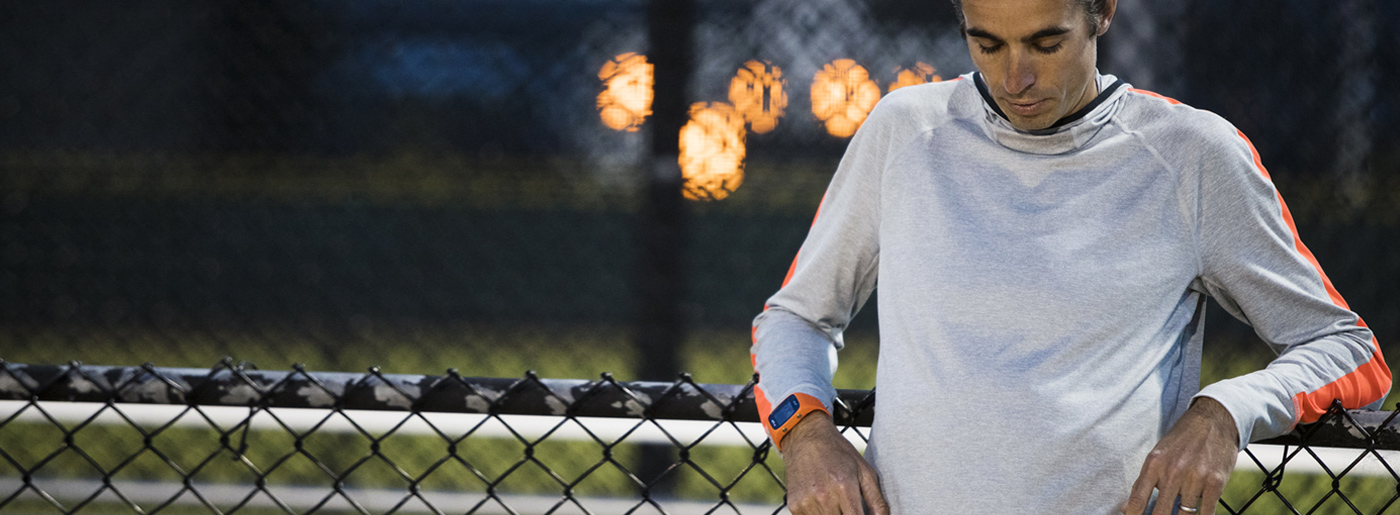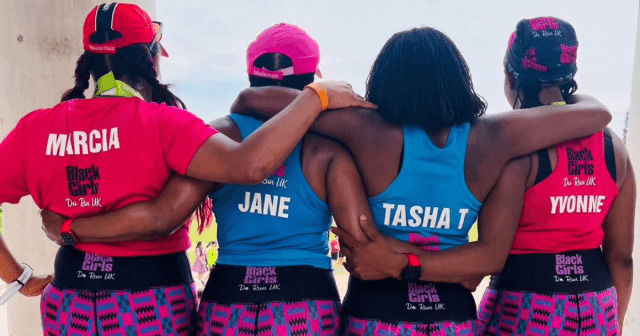When you commit to a race – whether it’s a 5K, an ultramarathon or something in between – you also commit to putting in the physical work and training to get to the start line healthy.
But as any professional athlete can attest, being mentally ready to race is just as important as making sure your body and your gear are tuned up.
Here’s how three professional athletes – Molly Huddle, Kate Grace and Will Leer – get their heads in the game, and how you can channel their good vibes the next time you’re lining up at the start.
Trust Your Training
“It took a few years before I had my head space figured out,” says Molly Huddle.
“The thing that gives me the most confidence is knowing I prepared specifically for the big day. For example, if it’s the Boston Marathon, I’ll feel good about practicing on a hilly course and getting in enough hard long runs.”
“If it’s a race in hot conditions, I’ll think back on workouts at high noon that were acclimatizing me for that day. If it’s a tactical championship race, I try to work on closing out workouts hard with a crowded bunch of teammates in practice.”
“Try to prepare for the specifics of the race and its location and climate, and think back to those preparations right before the race to draw confidence that you’re ready.”
Don’t Freak Out About a Bad Workout
“Rome wasn’t built in a day, and neither is fitness,” says Leer. “A bad workout or run doesn’t mean you aren’t fit. It happens to all of us.”
“Try your best to forget about it and move on to the next day. If you can identify the culprit, do your best to change the cause.”
Control Your Excitement
“In the weeks and days leading up to a big race, the key is to strike a balance between increased excitement and readiness but not so much pent up energy that you feel anxious,” says Kate Grace.”
“I focus on each workout and training run or rest day, and try to do that to the best of my ability. Controlling the things you can control is a way to keep the nerves at bay.”
Try Not to Get Overwhelmed
“I had to figure out how to approach a race that was really important to me as though it wasn’t the most important thing ever, because for me, that emotion can be distracting and daunting,” says Huddle.”
“It’s a fine balance of wanting something and letting things happen. I have to remind myself that even the Olympic final is really just another race to be taken one lap at a time.”
Don’t Get Distracted
“Focus on your goal, not anyone else’s,” says Will Leer. “There are many different races being run on any given day. If you avoid getting caught up with what everyone else is doing, you’ll likely have more success in accomplishing your own goal.”
Stick to Your Routine
“I can do the same drills, eat the same thing on the same schedule, and run the same amount of time for every warm-up on autopilot,” says Huddle. “This gets my body into race mode, and usually my mind follows as it recognizes the routine.”
Visualize Your Success
“Some call it visualization – I call it daydreaming,” says Grace.”
“My favorite time to do this is during easy recovery runs when my body feels best. I put on some inspirational music and let myself daydream about great, fun race day scenarios. It’s my way of increasing excitement without negative pressure or nerves.”
“Then, on the day of the race, I might play those songs again to get myself into that ready-to-go mode.”
Have a Go-To Mantra on Hand
“I use the mantra ‘I believe’ to trigger memories of successful training workouts I’ve done,” says Grace.”
“I recommend looking back at your training log to see how far you’ve come, and pick out certain workouts that you’re especially proud of. They don’t have to be your fastest – just ones where at some point you overcame yourself. Then let those be reminders as to why you believe in your progress, your body, your coach, or your training program.”
”You’ve taken all these steps to improve – the race is just another step.”
If you liked this post, don’t forget to share so that others can find it, too.
Or give it a thumbs up!
I like this article
Please note that the information provided in the Polar Blog articles cannot replace individual advice from health professionals. Please consult your physician before starting a new fitness program.





